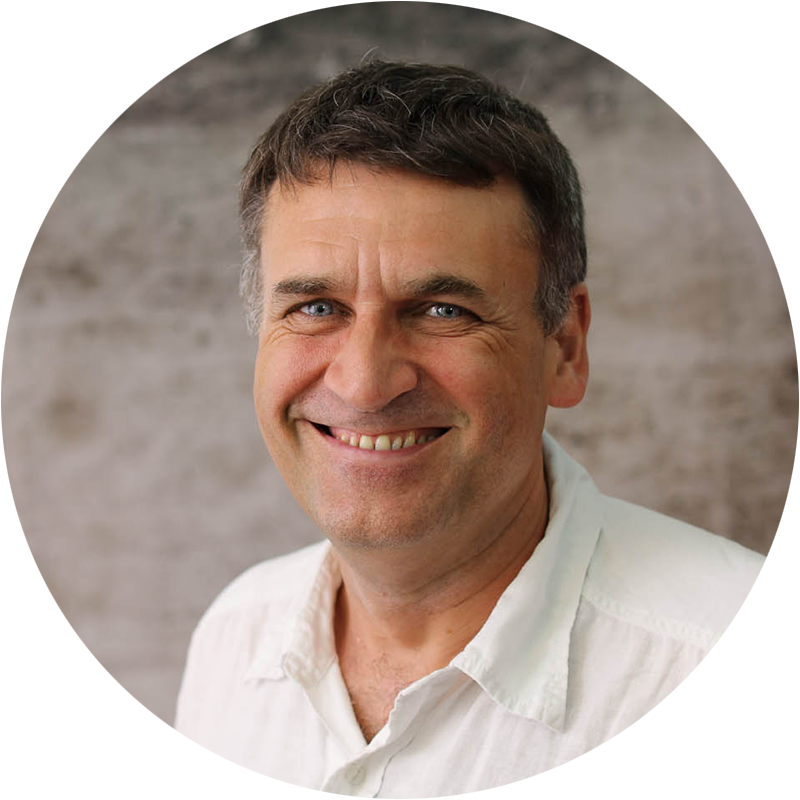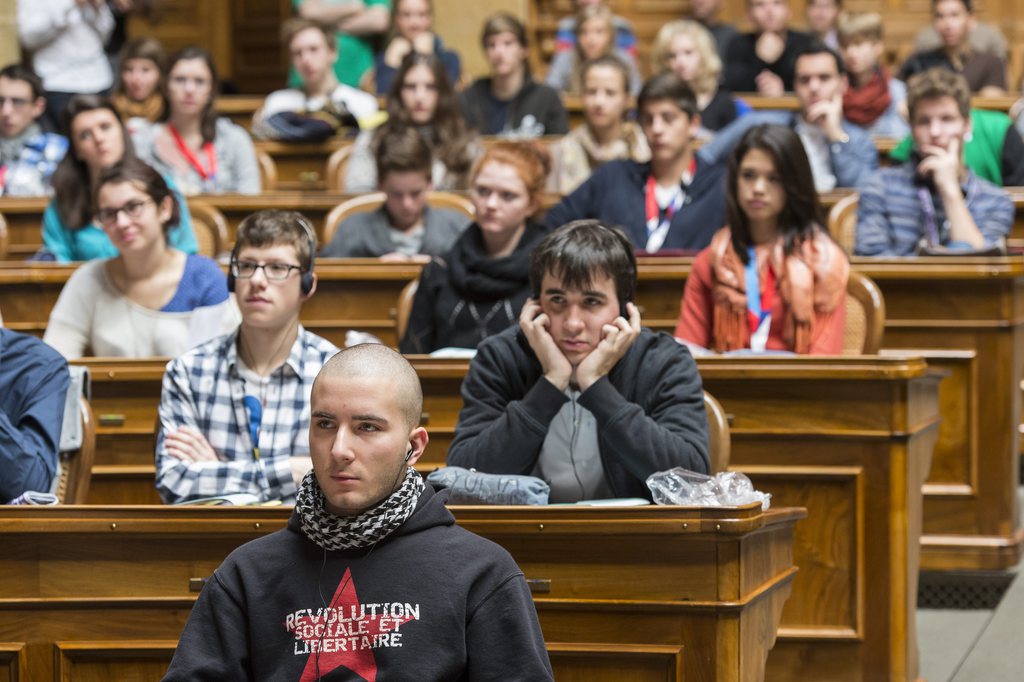Are card-carrying party stalwarts a dying breed?

As in most of Europe, traditional political parties in Switzerland are faced with a steady decline in their membership. The trend is shown by academic studies, though it is not always apparent from figures published by the parties themselves.
Up until the 1970s there were about 50,000 members, and at the end of 2013 there were not much more than 30,000 left. We are talking primarily about the members of the Social Democratic Party, which in four decades has lost about 40% of its paid-up membership. The shrinking of the party’s grassroots seems to be part of a general trend.
“This is a phenomenon that affects all parties in Switzerland and Europe,” points out Michael Sorg, head of communications for the Social Democrats.
In an articleExternal link, the BBC reports that between 1980 and 2009 the decline in the number of political party members ranged from 30% in Germany to 65% in Britain. Switzerland is somewhere in the middle, with a decline of just over 40%.
The Social Democrats are one of the few Swiss parties to have reliable figures, because joining the leftwing party ranks means paying annual dues based on income.
PLACEHOLDER
Dubious head-counts
The Radical Party (centre-right) and the Christian Democrat Party (centre) say they can count on about 100,000 members each. The conservative right Swiss People’s Party – which did not respond to inquiries – reports on its website that it has 90,000 members. The Green Party claims 18,500 members, who pay dues of CHF50 ($51.2) per year at a national level.
“The figure has remained stable these last four years,” swissinfo.ch was told by the party’s general secretary Miriam Behrens, who concedes that this is a rough estimate, since the data are managed by the party organisations at cantonal level.
This stability also characterises the Christian Democrats, according to Thomas Jauch, general secretary of the centrist party. Asked to explain how people become members and how they are counted, Jauch refers the question to the cantonal and local organisations, who are “in charge” of this issue.
Different rules
For political scientist Andreas LadnerExternal link, a professor at the Institute of Public Administration of the University of Lausanne and author of studies on the topic, these data need to be looked at very carefully.
In every canton, indeed in every district, and depending on the party, different rules hold. Until about a year ago, for example, the Solothurn chapter of the Radical Party considered anyone in the canton who adhered to its “liberal ideas” to be a member of the party.
“The parties themselves do not know exactly how many members they have,” notes Ladner. “The headcounts are done in a rather cavalier manner. A person pays once, then maybe doesn’t pay up the year after, and still gets counted as a member.”
Decline
From the research that has been done, it turns out that the major parties, in particular the Radicals and the Christian Democrats, are in decline, points out Ladner.
In a study Ladner did in 2005, he found that since 1990, the Christian Democrats and Radicals had lost 27% and 25% of their membership, respectively. The Social Democrats and People’s Party fared a bit better, with drops of 15% and 13%.
After party strongman Christoph Blocher failed to be re-elected to government in 2007, the People’s Party had a jump in new memberships. “Yet I would doubt if they managed to keep them all,” says Ladner.
The way things are developing causes him concern, he told swissinfo.ch. One aspect of this is the difficulty of finding people willing to get involved in public affairs.
“Until the end of the 1980s there was a local network which worked quite well. Since then it has been disappearing, in particular in smaller communities. People continue to be interested in politics, but they have a lot of other things to do and don’t really see much advantage in being members of a party,” he explains.
Candidates
It is not unusual now for some communities to have trouble finding people willing to stand for election to local decision-making bodies.
For the Social Democratic Party, which has always depended for its funding on the dues paid by its members, it is vital to reverse this trend.
“We see encouraging signs, especially coming from the Young Socialists, which is the biggest youth party in Switzerland and has never had so many members,” says Sorg. The party’s youth wing has a membership of over 3,000.
“To have a constantly increasing number of members is important to ensure the survival of the party,” concurs Aurélie Haenni, spokeswoman for the Radical Party.
“An even more crucial goal is to be able to mobilise those members. It is not enough to have a large number of members on the books. Those people have to get out and vote and participate in political life,” she says.
Growing instability
“When I published my first scholarly papers in the 1990s, I said that if this haemorrhage continued, we would face increasing political instability, with the birth of new parties and the like,” says Ladner.
“That is what we are seeing today. The parties are less rooted in society, and people change their political stripe more easily.”
He finds it hard to imagine politics without parties, since these embody a certain idea of society. “If everything becomes too short-term, too individualistic, it gets much harder to grasp what the major issues are in society. That is a development that concerns me.”
Funding
Social Democrat spokesman Sorg raises another problem.
“Switzerland has never had a political elite that stood aloof from the people and was paid by big business. This scenario is likely to become a reality, however, if parties are no longer able to fulfil their function in the political system,” he argues.
“It is absolutely necessary that there remain broad-based organisations rooted in, and supported by, the population. Sooner or later, the government will have to take action to ensure funding of parties. Otherwise we will be faced with an American-style situation where a small group of millionaires rule the destiny of parties and politics.”
Translated from Italian by Terence MacNamee

In compliance with the JTI standards
More: SWI swissinfo.ch certified by the Journalism Trust Initiative






You can find an overview of ongoing debates with our journalists here. Please join us!
If you want to start a conversation about a topic raised in this article or want to report factual errors, email us at english@swissinfo.ch.